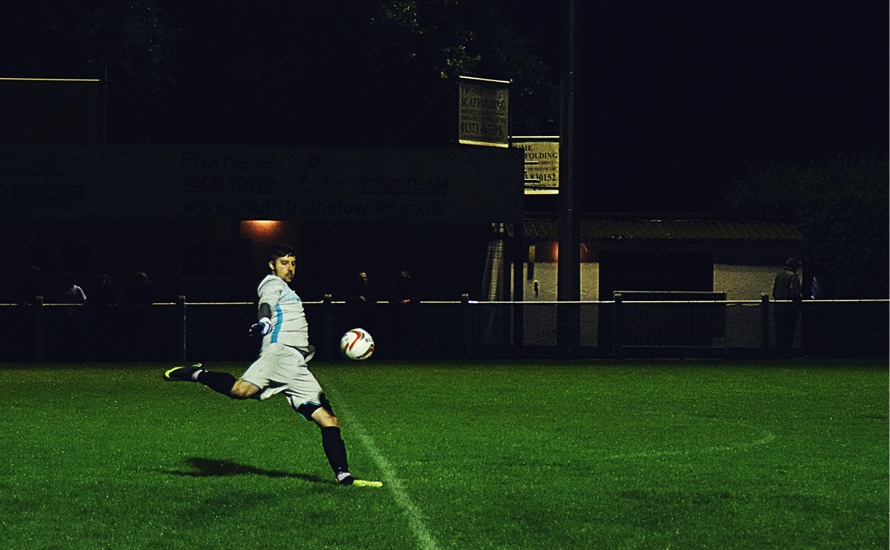The biggest challenge of getting into a consultancy is the case interviews. Hardly any other job has such a challenging entry barrier. Fortunately, there are numerous resources to help you prepare for these case interviews. However, most of them are missing a crucial piece of information. One mistake that almost all applicants make during their interview preparation is, although it may sound counterintuitive, to practice too many full cases.
It does not mean that applicants prepare too well, but rather that they do too many cases without focusing on individual areas for improvement. Applicants tend to follow the principle “the more the merrier”, however the motto “less is more” makes more sense in this instance.
To illustrate, think of a professional soccer player. In order to improve his game, this player does not play whole soccer games over 90 minutes continuously. Rather, he works on individual disciplines separately to improve overall. To do so, he first looks at what his greatest weaknesses are and then improves in these areas. For example, on one day he will improve his understanding of the game, on another day he will develop his passing ability and on yet another day he will enhance his fitness. Only after he has made progress in the individual disciplines will he begin implementing them in a regular game. If the player would play normal games all the time, he would have too few possibilities to improve the individual skills. To do so, a regular soccer game is clearly too complex and there are too many other aspects on which the player has to concentrate.
With case interview preparations it is the same. Doing only full cases to improve yourself is not the way to go. Of course, you will also improve that way, but not as fast and not as effectively as you would otherwise. In addition, a consultant should be able to work as efficiently as possible, so ideally you start doing so while preparing for the job.
How exactly should you proceed? Just like a professional soccer player, as a first step you should identify your current weaknesses. Although it is sometimes difficult to admit these weaknesses to yourself, it is essential. If it is not so easy for you, ask your interview partners where they see your greatest potential for development. After you have done so, improve these weaknesses individually. For example, if you have difficulties in understanding the case problem, practice asking the right questions. If you struggle with a proper structure, only structure cases until you improve at it, and so on.
How can you put this into practice? I’m sure you have numerous case books. If not, ask your case partners or just look on the internet. Take one of these case books and independently go through one case after another, practicing only that one thing you want to improve. So, if you want to learn how to ask the right questions at the beginning of a case, do just that. Look only at the prompt of a case and think about the questions you need to ask to better understand the problem. Afterwards, see if these questions are the same as the questions suggested by the case. Do this with several cases in a row without solving the whole case. If you had problems asking the right questions in one case, try to understand why and improve it directly in the next case prompt. Do this until you feel you have improved. Follow the same approach for all your other weaknesses. Case by case and one problem at a time. Do you have problems with the right structure? No problem, read the prompt and additional information and build a structure. Do you find it difficult to interpret exhibits correctly? Same procedure.
You can and should use this approach for any area where you want to improve. Only after you have done this should you again try to answer a whole case. Try to apply what you have learned. You will see that you find it much easier to master the individual areas and the whole case will be much more successful. Trust me, if you follow this method, you will very quickly become much better and have a good chance of getting an offer.
Till Margraf is in his late 20s and an enthusiastic consultant at Roland Berger. After studying business administration in Cologne, he completed the CEMS Master in International Management in Lisbon. In his free time, Till enjoys sports and going out into nature.
Image: Pexels
🔴 Like this article?
Sharpen your edge in consulting
